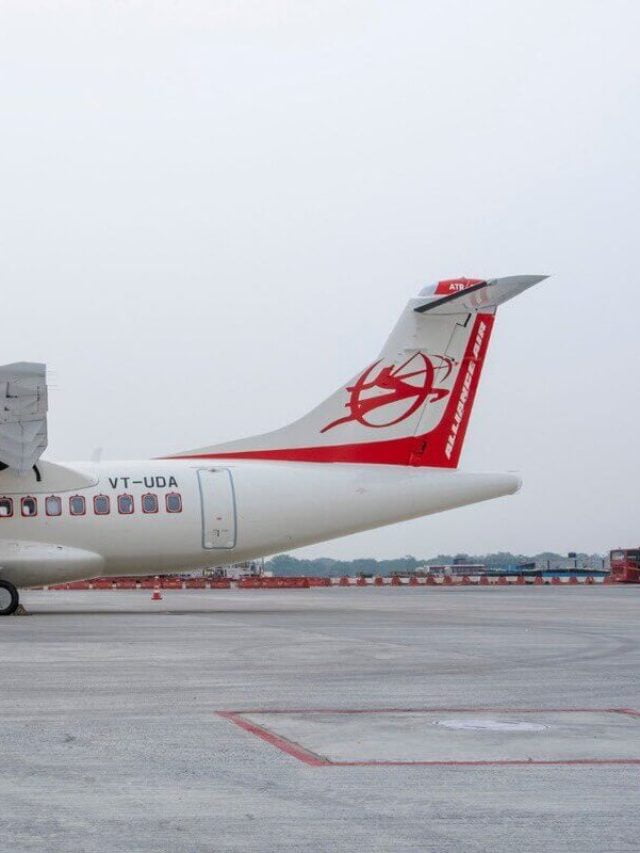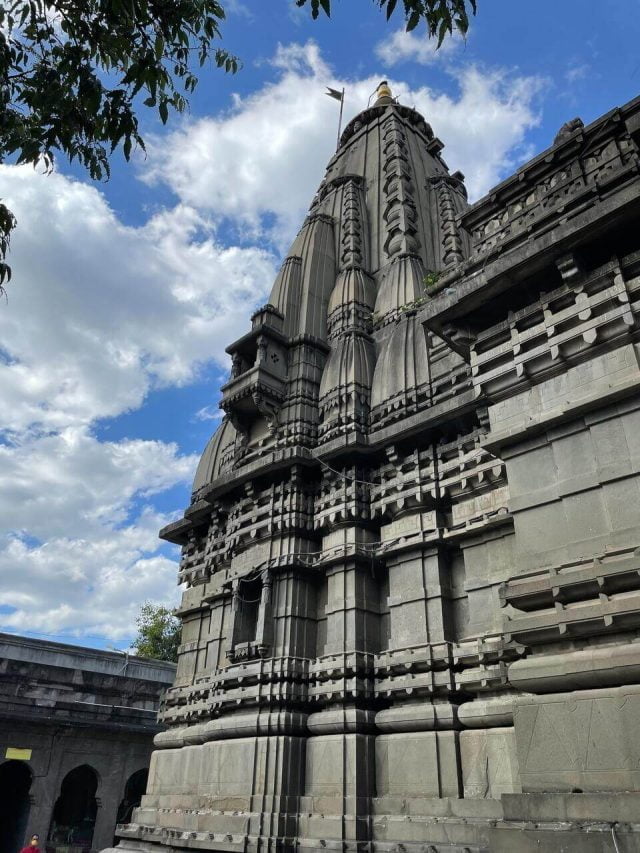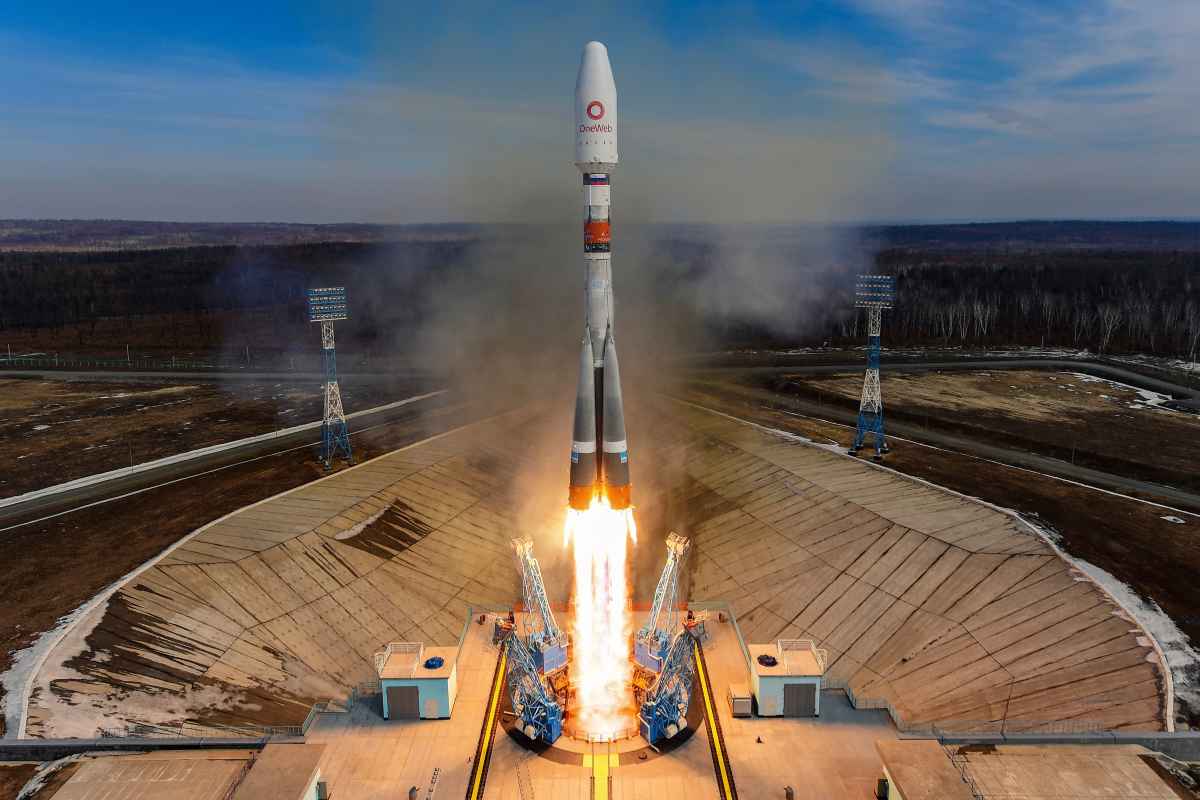
InterGlobe Aviation, the parent of low-cost airline IndiGo, accepted a resolution to change its Articles of Association (AoA) on Thursday, removing the promoters' restrictions on selling their shares. The permission signals a crucial turning point in promoters Rahul Bhatia and Rakesh Gangwal's two-year battle.
There has been talk that Gangwal may sell a portion of his ownership in India's largest airline, which has a market share of roughly 54%, if shareholders approve. In July 2019, Gangwal stated that he would not sell his shares and is committed to the ‘long haul.’
According to stock exchange records, the promoters controlled roughly 74.44% of the stock on September 30, 2021, including 36.61% with the Gangwals and 37.83% with Bhatia's InterGlobe Enterprises Pvt Ltd. The pair had called for an EGM to repeal a clause in the Articles of Association (AoA) that granted them first refusal on each other's stock.
After market hours, InterGlobe Aviation announced that its shareholders had adopted the special resolution to amend its AoA in a regulatory filing. While 35,57,611,30 votes were cast, about 35,57,602,61 votes, or 99.99%, were cast in favour of the resolution. The clearance, according to observers, means that the two promoters can now sell their shares to a third party without alerting the other.
IndiGo gets new competitions from Akasa Air, Jet Airways and Air India
This comes at a time when IndiGo is facing increased rivalry from Rakesh Jhunjhunwala's Akasa and a revitalised Jet Airways, as well as the Tatas, who will shortly take over Air India.
IndiGo CEO Ronojoy Dutta said Omicron had caused some reduction in bookings, but that they were still higher than September levels at the EGM, which was convened through video conferencing. He also assured IndiGo stockholders that the company had recovered from the COVID-19 incident. Disagreements between the two promoters arose in July 2019 after Gangwal wrote to the Securities and Exchange Board of India (SEBI) requesting intervention to address corporate governance issues.
He also expressed concerns regarding related party transactions (RPTs) between IndiGo and the IGE group's firms. He said these linked party transactions were typically backdated and did not have the board's or audit committee's permission. According to Gangwal, the company's red herring prospectus (RHP) dated October 16, 2015, contained misrepresentations. The IGE organisation dismissed the allegations.
Bhatia then took Gangwal to the London Court of International Arbitration (LCIA). In September, the LCIA recommended that the AoA be revised and removed from the RoFR section. It had given them 90 days to put its instructions into action. Gangwal then petitioned the Delhi High Court for an order to call an EGM. The judge did not accept the plea request.
According to the AoA, if a shareholder wishes to sell shares outside of the stock exchange, he must first notify the other shareholders, disclosing the number of shares, the proposed price, the identity of the purchaser, and the proposed closing date for the transfer, as well as any other material terms of the seller-buyer agreement.












